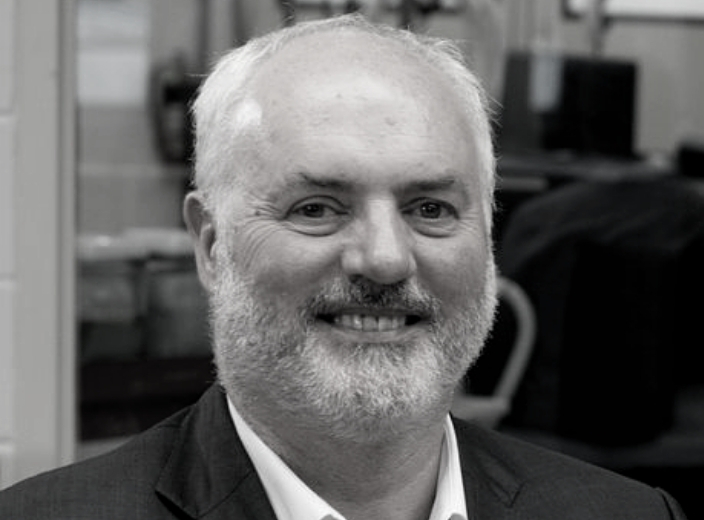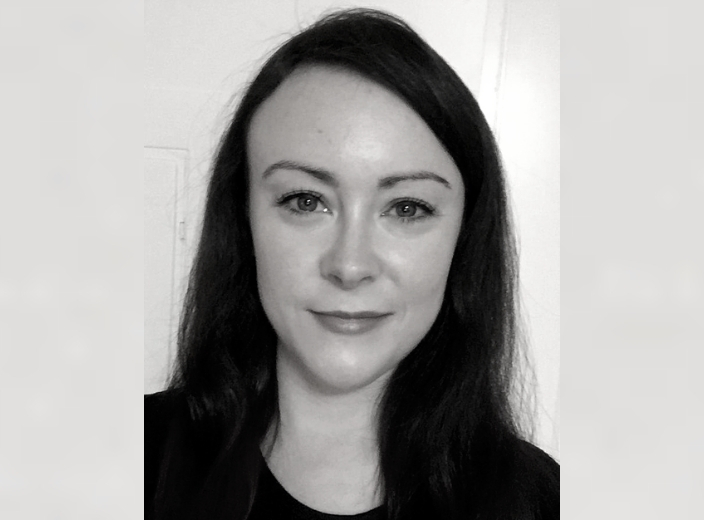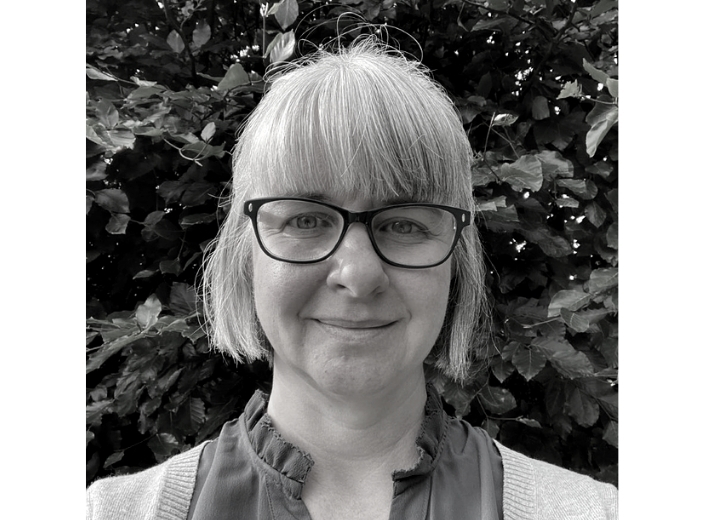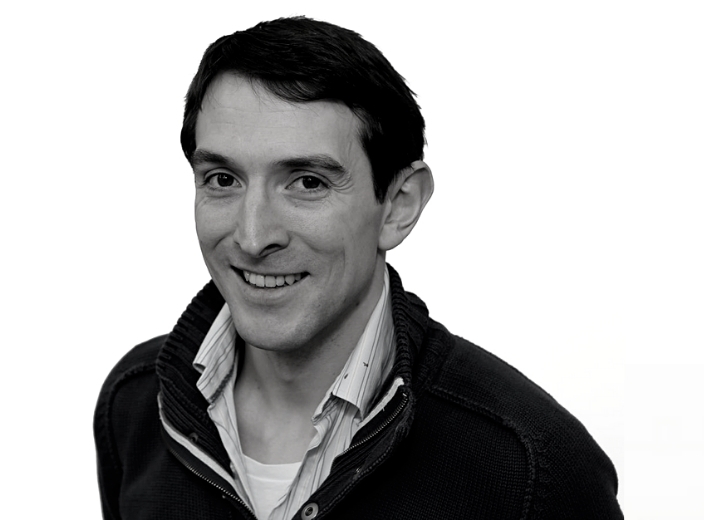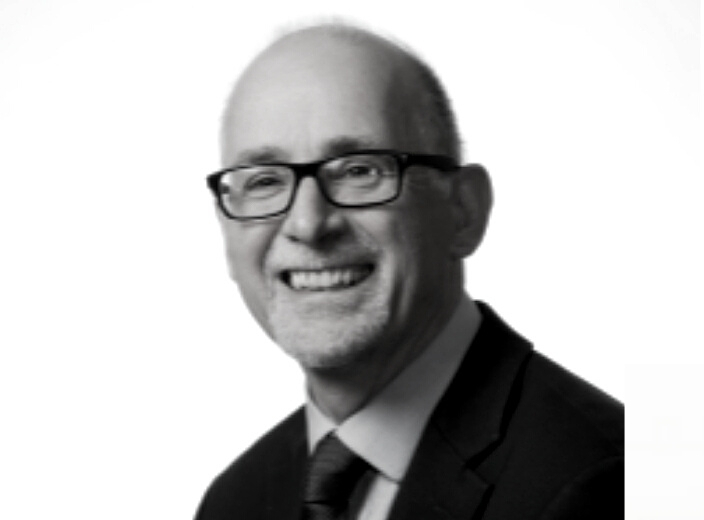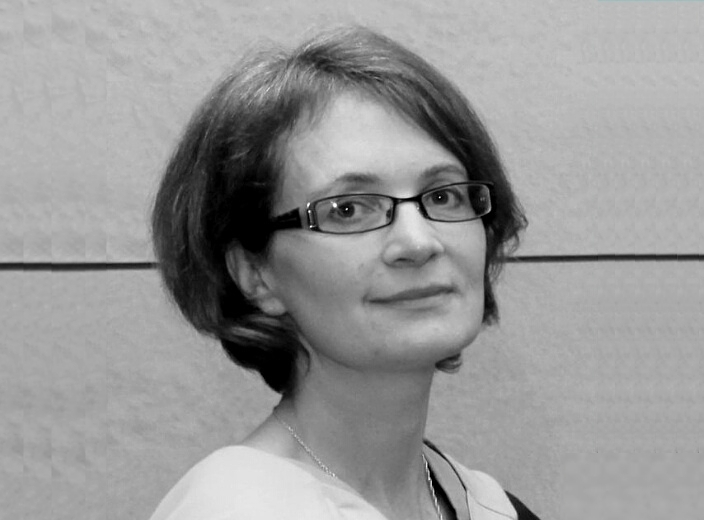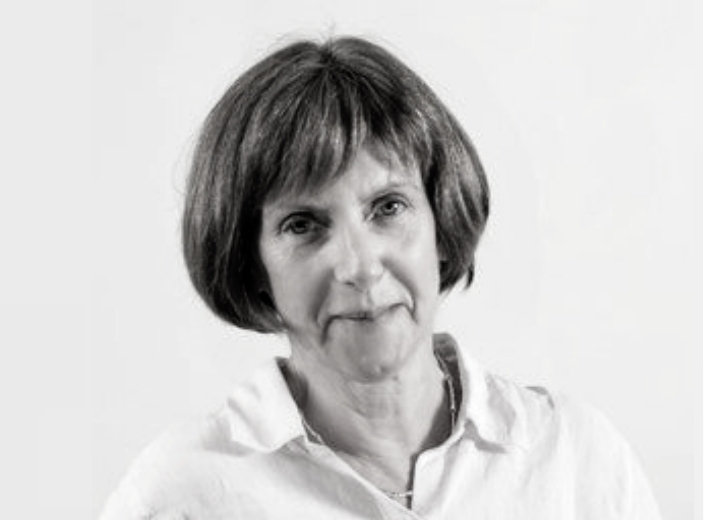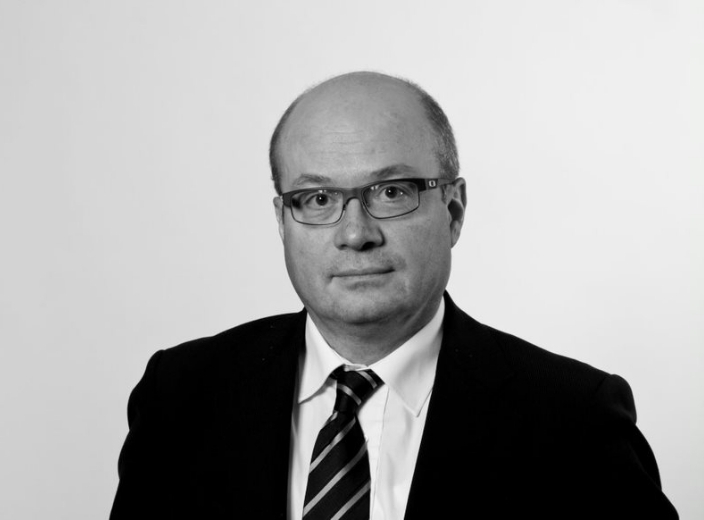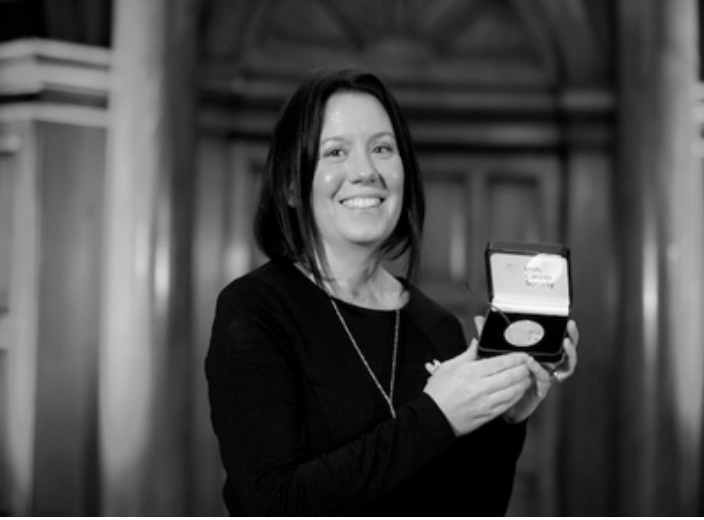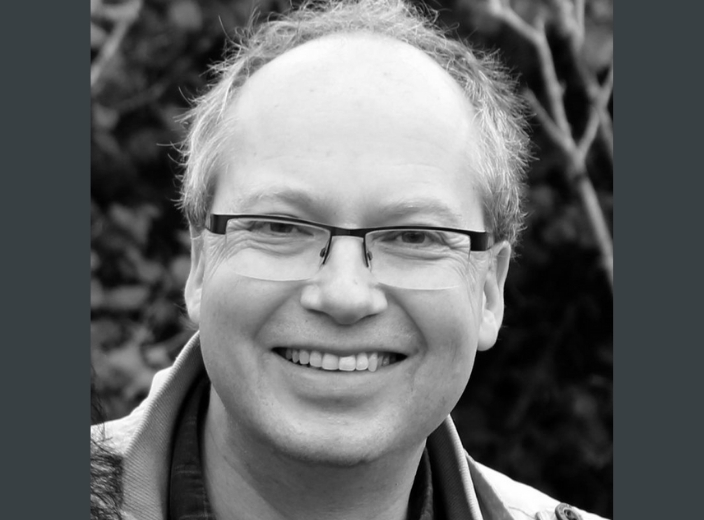-
Courses

Courses
Choosing a course is one of the most important decisions you'll ever make! View our courses and see what our students and lecturers have to say about the courses you are interested in at the links below.
-
University Life

University Life
Each year more than 4,000 choose University of Galway as their University of choice. Find out what life at University of Galway is all about here.
-
About University of Galway

About University of Galway
Since 1845, University of Galway has been sharing the highest quality teaching and research with Ireland and the world. Find out what makes our University so special – from our distinguished history to the latest news and campus developments.
-
Colleges & Schools

Colleges & Schools
University of Galway has earned international recognition as a research-led university with a commitment to top quality teaching across a range of key areas of expertise.
-
Research & Innovation

Research & Innovation
University of Galway’s vibrant research community take on some of the most pressing challenges of our times.
-
Business & Industry

Guiding Breakthrough Research at University of Galway
We explore and facilitate commercial opportunities for the research community at University of Galway, as well as facilitating industry partnership.
-
Alumni & Friends

Alumni & Friends
There are 128,000 University of Galway alumni worldwide. Stay connected to your alumni community! Join our social networks and update your details online.
-
Community Engagement

Community Engagement
At University of Galway, we believe that the best learning takes place when you apply what you learn in a real world context. That's why many of our courses include work placements or community projects.
Stem Cell Biology

Stem cells are unspecialized cells that act as the body’s natural reservoir – replenishing stocks of specialized cells that have been used up or damaged. Stem cells have the unique ability to produce copies of themselves (self-renewal) and specialized cell types (differentiation) and as such, they are essential to keep our body functioning. For example, hematopoietic stem cells (HSCs), make our blood and immune cells, while mesenchymal stem cells (MSCs) form our bone, muscle and fat cells. Stem cell therapy involves the transplantation of cells into patients, either through local delivery or systemic infusion and offers great promise for new medical treatments. MSCs can be derived from diverse tissues including the bone marrow, adipose tissue and umbilical cord. MSCs are being explored to heal tissues and organs in patients that have been damaged by trauma or disease, while HSCs can be used as bone marrow transplants for treatment of various types of cancer. More recently, researchers have created induced pluripotent stem cells (iPSCs) from adult cells and these pluripotent cells can give rise to any cell type.
The REMEDI Stem Cell Biology Research Programme
The clinical translation of stem cell therapy has been hampered by a limited knowledge of efficacy and mode of action, as well as manufacturing capacity and quality. Research programmes at REMEDI focus on the behaviour of MSCs and aim to refine techniques to isolate, culture and differentiate them in order to optimize their therapeutic potency. We are targeting tissue repair following vascular injury, bone defects and arthritis using MSC therapy. Furthermore, we are invested in clinical translatability of MSCs and indeed focus on scaling up production and preparing cells for patient treatment in specialized facilities (see section on our cell manufacturing facility). We are also harnessing the innate ability of MSCs to home to tumours by employing MSCs as vehicles for targeted delivery of cancer therapeutics. Finally, REMEDI researchers are using iPSCs to create disease models, primarily musculoskeletal, neurological and cardiac conditions, in order to study causes and potential treatments for genetic diseases.








